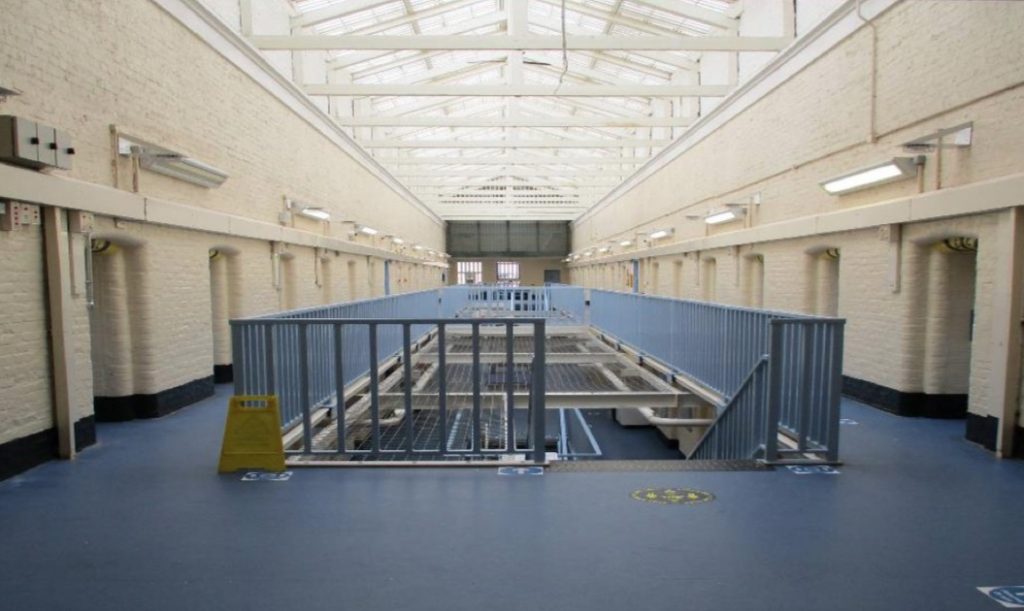Progress at a troubled category B prison was being ‘hampered’ by a high turnover of prison officers with a third of frontline staff in the job for less than 12 months. As a result of a 2018 inspection of HMP Exeter which currently holds 430 prisoners, the chief inspector triggered the ‘urgent notification’ scheme and a subsequent review reported positive developments were ‘too little too late’.
The latest inspection reported ‘little progress’ in addressing long-standing issues over the care of prisoners at risk of self-harm or suicide. The prison experienced a significant outbreak of COVID-19 in February this year with more than 100 prisoners and 70 staff having to isolate.
Charlie Taylor, HM Chief Inspector of Prisons, described how further progress had been ‘hampered by high turnover of staff at all levels’. At the inspection in March 2021, some key leadership posts had just been filled and one-third of frontline staff had been in post for less than a year.
Relationships between prisoners and staff ‘were not good enough’ and many prisoners were frustrated at the difficulties they faced. This perception was poorer with prisoners from a black or minority ethnic background. Almost six out of 10 prisoners (59%) felt bullied or victimised by staff with some feeling targeted by staff because of their ethnicity. The responses to discrimination incidents “did not address complaints of discrimination adequately”.
Just over half of prisoners (52%) who had been on an ACCT (assessment, care in custody and teamwork) plan, forthose at risk of suicide or self-harm, said they felt cared for by staff. From the previous full inspection in May 2018, there had been six self-inflicted deaths. Care maps were described as ‘superficial with too many outstanding actions’. It was also revealed that a mental health review of an 18-year old deaf prisoner in crisis had taken place through a locked door.
Living conditions were also found to be poor. Less than one in five prisoners (19%) said they could access clean bedding every week and less than a third of prisoners (28%) said they could have a shower every day. During their 10-day isolated period, prisoners could not shower at all.








